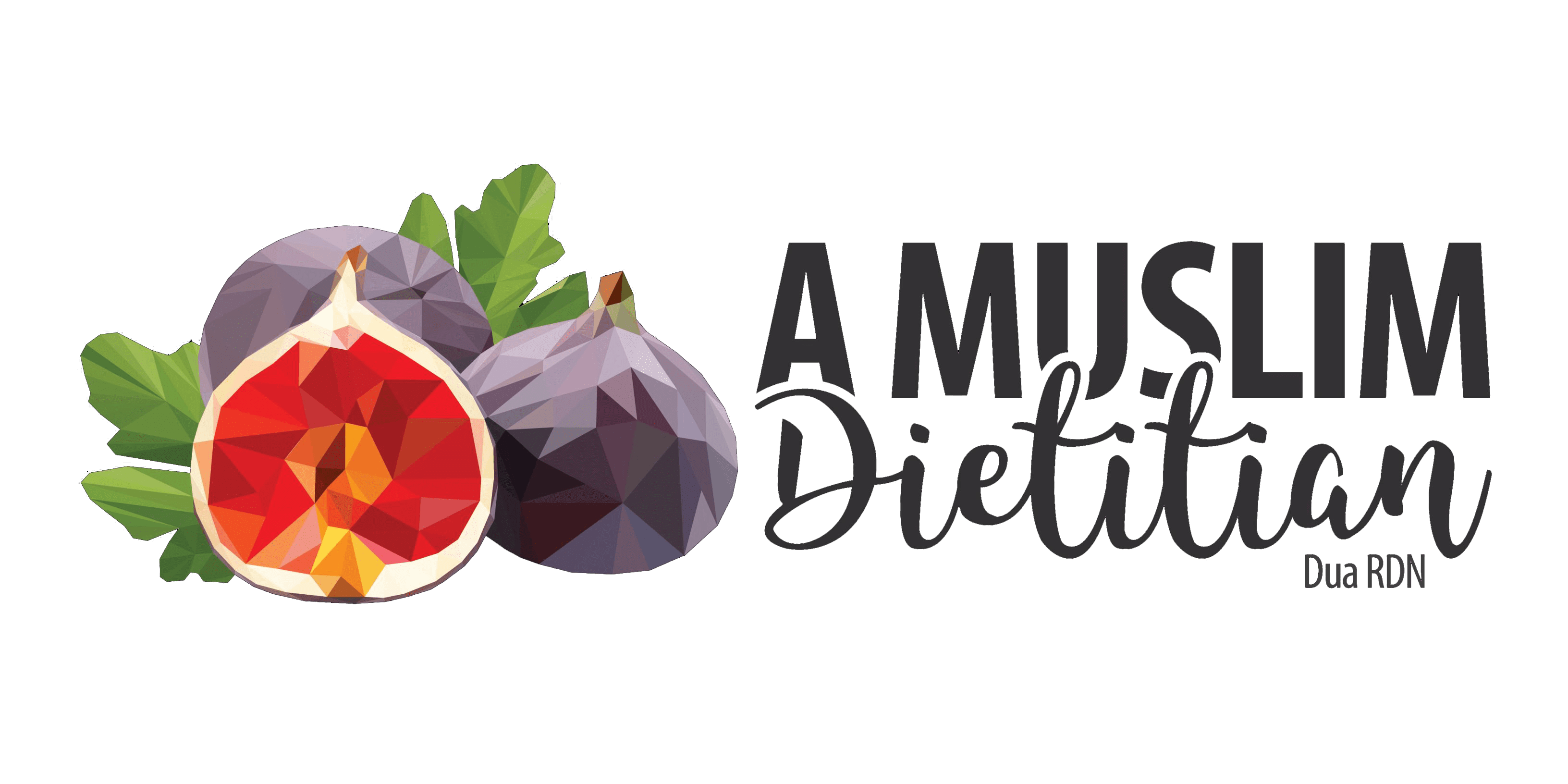What is vitamin B17?
First things first, vitamin B17 isn’t actually a vitamin according to the Committee on Nomenclature of the American Institute of Nutrition, and there is no evidence to support that this substance is needed by the body.
Second, you will also see vitamin B17, amygdalin, and Laetrile used interchangeably, but these are not the same product. Amygdalin, often referred to as B17, is a naturally occurring compound found in many foods but is usually sourced from seeds or kernels of stone fruit, particularly apricots. It is found in higher amounts in bitter apricot seeds as opposed to sweet apricot seeds.
In the 1950’s, amygdalin was isolated, concentrated, and patented into a lower risk form called Laetrile that could be used intravenously.
What’s the fuss?
Amygdalin was first used in the 1800’s to early 1900’s as an oral cancer treatment, but the risks outweighed the benefits. One of the main risks of using amygdalin or Laetrile is that when the body breaks down this compound, cyanide is released. Some people who have consumed either a B17/amygdalin supplement or bitter apricot kernels have experienced dangerous health effects including cyanide toxicity.
Can it be used safely?
Several case studies, clinical trials, and reviews investigated the effects of amygdalin therapies combined with cancer treatments. In many cases, patients’ blood cyanide levels increased and approached the lethal limit. No significant benefit was seen in patient symptoms, tumor stabilization or reduction, or in patient quality of life or treatment outcome. There are also published physician reports of patients self-medicating by taking amygdalin or bitter apricot kernels and being admitted to emergency rooms for treatment of cyanide toxicity.
Even at lower doses, there are many factors like diet, metabolism, and illness that can lead to increased blood levels of cyanide. When risks like this exist, it is increasingly challenging for health authorities to make these products readily available to the public.
The FDA has deemed this product illegal and not fit for use in the prevention or treatment of cancer. In Canada, Health Canada warns people about amygdalin-containing products with unauthorized health claims to prevent or cure cancer.
There are many supporters who continue to advocate for the use of amygdalin or Laetrile as part of cancer treatments (enter conspiracy theories about “Big Pharma” and government involvement). There remain some practitioners who use this compound as part of cancer treatment today in areas where Laetrile and amygdalin-related therapies have not been made illegal. Even these practitioners caution that patients need to be closely monitored during supervised therapy, like any other treatment protocol.
The logic behind what health professionals can recommend:
Understandably, we want every possible option for ourselves and our loved ones to prevent or successfully treat cancer. There will always be personal stories about a family member or friends or a friend of a friend who took “X” supplements to cure their cancer when given a finite number of months to live, just as some people will continue to smoke 2 packs of cigarettes a day and live to be 90 years old. This does not automatically disprove or undermine all of the evidence conclusively showing that cigarette smoke exposure substantially increases the risk of cancer and chronic diseases. It’s well established that cigarette smoke is hazardous to health.
The way that (almost) all licensed health professionals practice is by providing recommendations that are evidence-based, effective, safe, and the potential benefits outweigh the risks. There is always ongoing research on new, cutting edge treatments. The current evidence available does not support Laetrile/amygdalin/”vitamin B17” in the prevention, treatment, or cure for cancer or any other ailment. This is the information we have!
What’s next?
Natural health products and alternative medicine are becoming increasingly a part of people’s daily regimens and part of treatment plans during illness. Many health professionals are open to complementary therapies, particularly as good quality evidence supporting these therapies grows.
It is important to advocate for your own health. Part of advocating is being informed and learning how to navigate all of the information to make sure you are getting the truth and you aren’t falling victim to scams and clever marketing. This is especially important for times when we are vulnerable and are desperate to find a solution.
The Mayo Clinic website has a helpful resource to determine if an alternative remedy is helpful or harmful during these times. You can find more information about deciding if complementary and alternative medicine (CAM)is for you here.
Long story short:
In the meantime, it is recommended that adults should not consume amygdalin or bitter apricot kernels for health promotion or disease treatment. Health Canada advises, for those who do consume bitter apricot kernels, to limit consumption to three kernels per day, ground and mixed with food. It is also important to know the symptoms of cyanide toxicity:
- Difficulty breathing
- Weakness
- Headache
- Confusion
- Difficulty speaking or incoherent speech
- Drop in blood pressure
- Cardiac arrest
- Seizure
If you experience any of these symptoms while taking amygdalin-based therapies, seek immediate medical attention.
If you are taking alternative therapies or are interested in these therapies, please consult your doctor(s). Do not change any current medications without first consulting with your doctor.
As always, check in with Dua the RD about how your diet can support your health!
Sarah Gatien is a Clinical Dietitian and early childhood nutrition researcher practicing in Canada. She encourages everyone, from little kids to adults, to get their hands dirty in the kitchen and in the garden. Sarah also enjoys lifting heavy things and playing in the garden.
—
References
